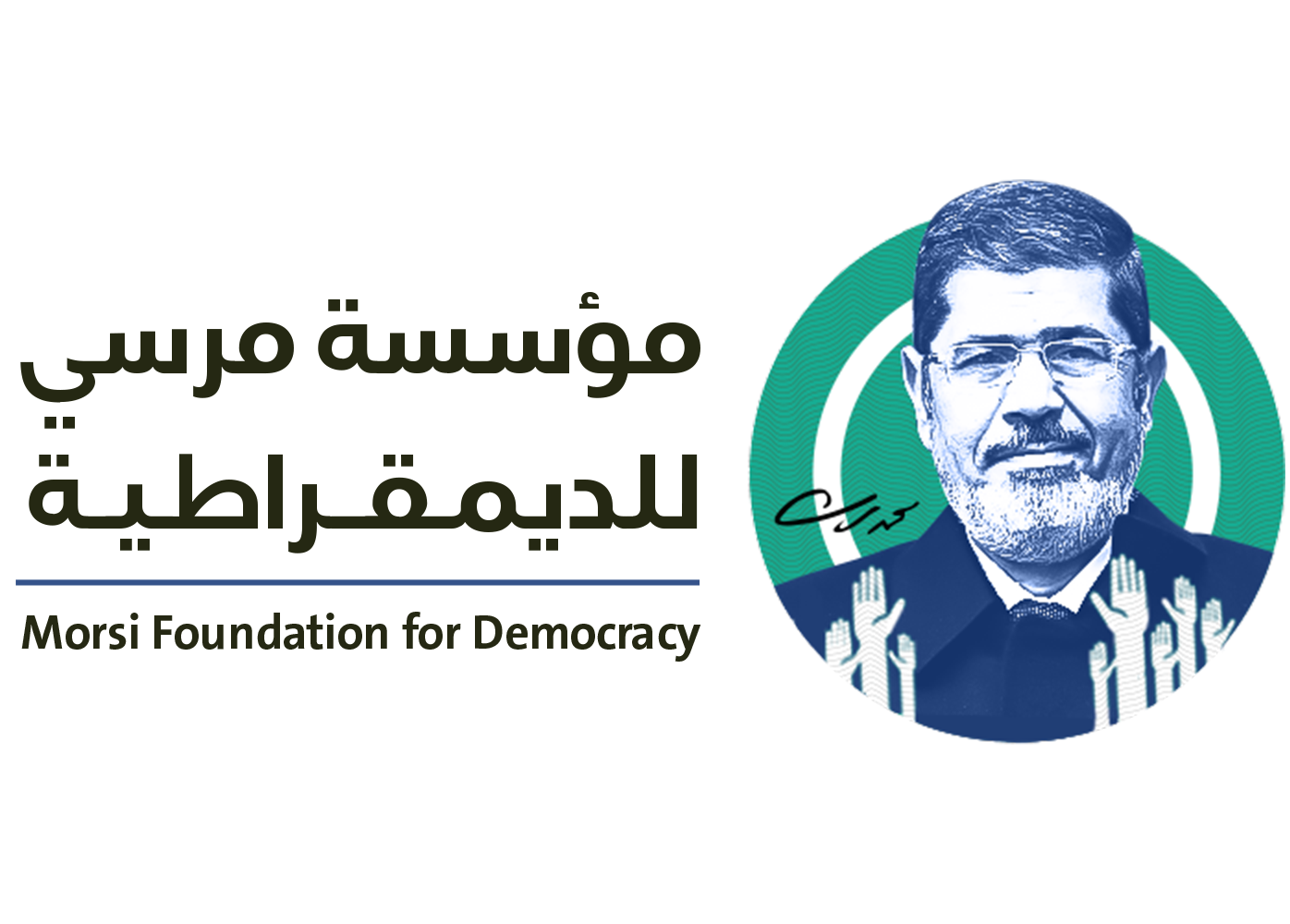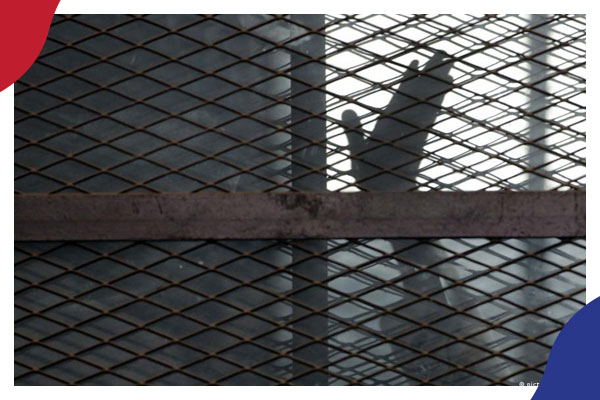Weeks of convalescence passed for Yahya after his release from prison, during which he was not aware of what he would soon face, which makes him a different kind of prisoner.
As soon as he felt that he was able to move around and confront society after 3 years of being imprisoned in custody pending a political case, he found before him a pile of tasks required to obtain official papers, all of which depend on a personal identification card, which in turn needs to be renewed.
In front of the Civil Registry employee, Yahya – who is a pseudonym for a former political detainee – was surprised that there was a ban on dealing with him. The employee – who seemed to be used to receiving people like Yahya – asked him if his name was included in the money seizure lists, so maybe this was the reason? Yehia confidently denied, so the employee advised him to go to the party that sends the ban on names to the official authorities, which is the National Security Agency.
It is the heaviest task for Yahya, which will evoke in his conscience the harshest memories of the period that preceded and followed his imprisonment, which is the period of his detention in the National Security headquarters, but he is forced to go, although the response from the National Security officer was pleasant, although he was negative that they “have nothing to do with banning him.” He went on happy that he came out on his feet free and sound.
Yahya turned to a lawyer known for defending the accused in political cases, and was surprised that there were dozens of cases similar to his case that the lawyers were unable to solve, because their hands were “tied” in moving to sue the parties that refused to renew an identity card, because their movement must be authorized by the plaintiff. A power of attorney requires valid identification.
Yahya fell into a vicious circle, so he surrendered, and he was “afraid of going back to prison,” as he admitted in his interview with Al-Jazeera Net, as it was not as courageous as the lawyer and activist Mahienour Al-Masry, who admits in her interview with Al-Jazeera Net that she is “lucky” to have succeeded in recovering her passport after it was withdrawn twice. .
There are others whose stories are similar to the story of Mahienour to the extent of congruence, such as the story of the activist Patrick Zaki, who was surprised in the middle of last year that he was prevented from handing over his passport because he was placed in the custody of a new case, while the details of the stories of others differ, including university professor Muhammad Mohieddin Othman.
Othman suffered after his release from prison in order to obtain the national ID card. For 3 months after his release, he was trying with his employer at Beni Suef University (south) to stamp the necessary papers, but to no avail, until she finally agreed, according to human rights reports.
A scenario similar to that took place the first time to withdraw Mahienour’s passport when she was able to retrieve it after an official notification, but the second time was the most difficult, as the passport official told her, “The ban on handing her the passport is pending in a case in her name,” where she inquired the well-known human rights lawyer through official records to discover that there is Indeed, a case related to another girl with the same name, so I transferred the details to the Passports Department and asked for evidence that she had no criminal record.
Mahienour Al-Masry confirms that her experience with the issue says that it is not related to the existence of similarity in names in some cases or even real cases, but rather to “security intransigence”, and often the frontline parties t…



